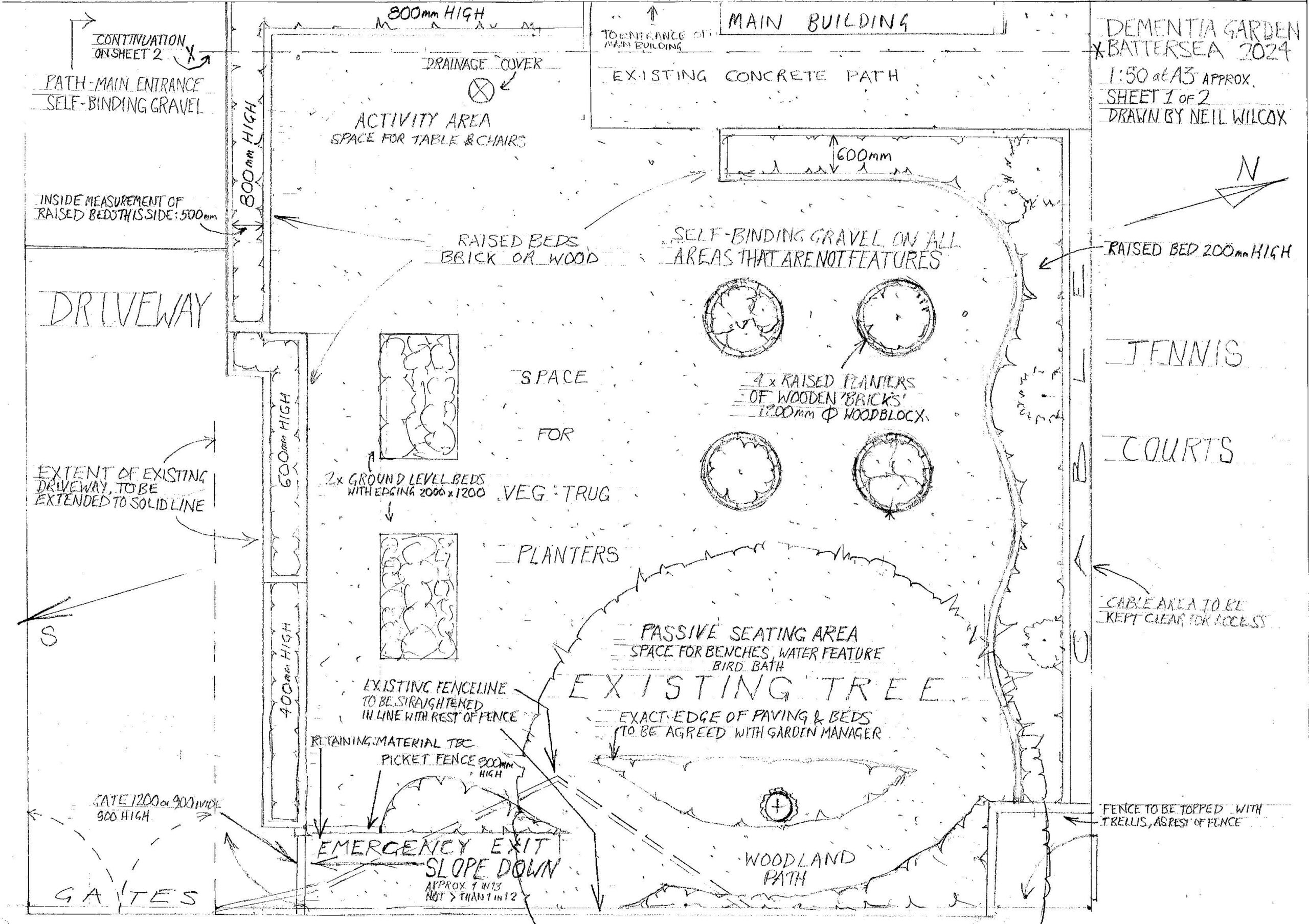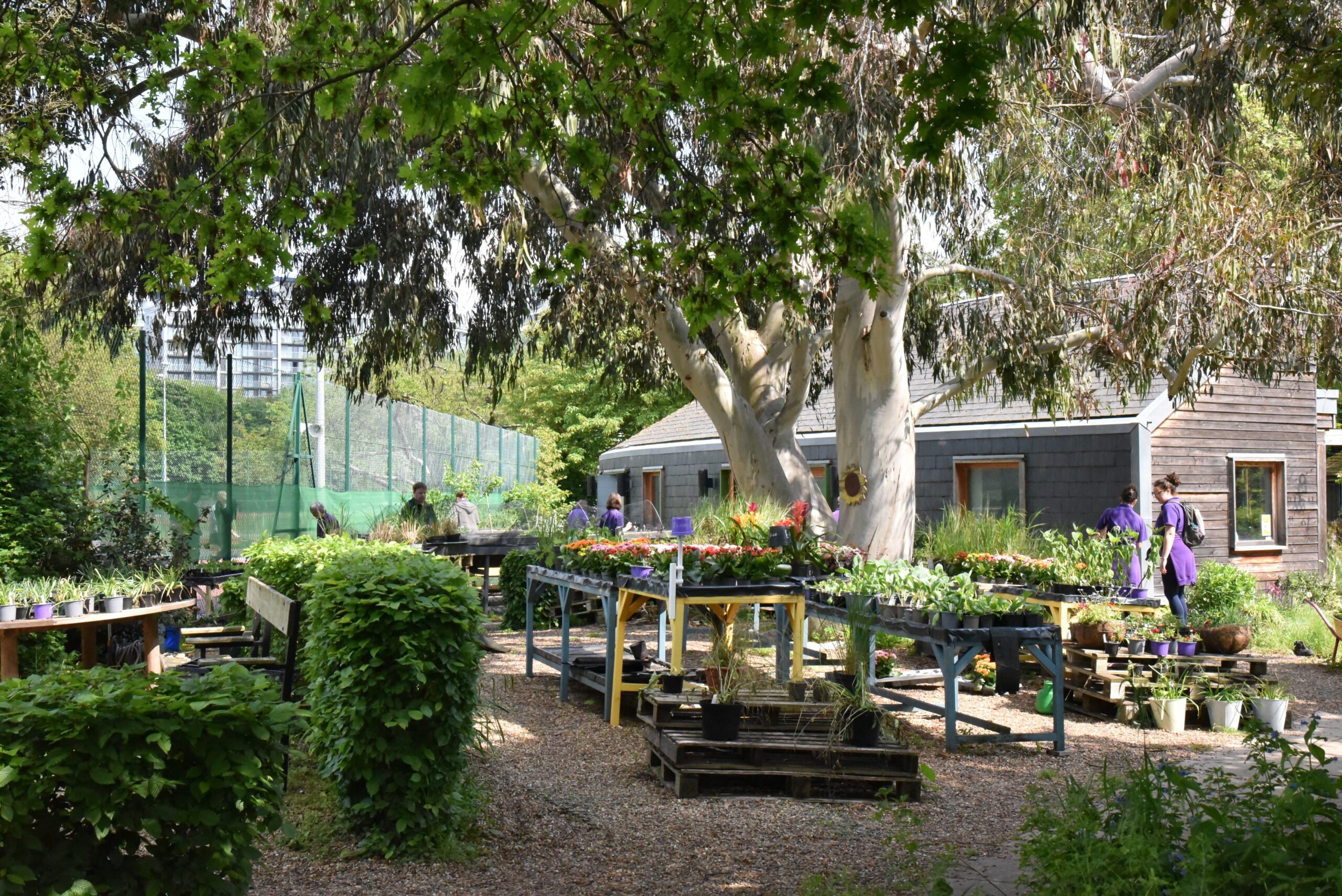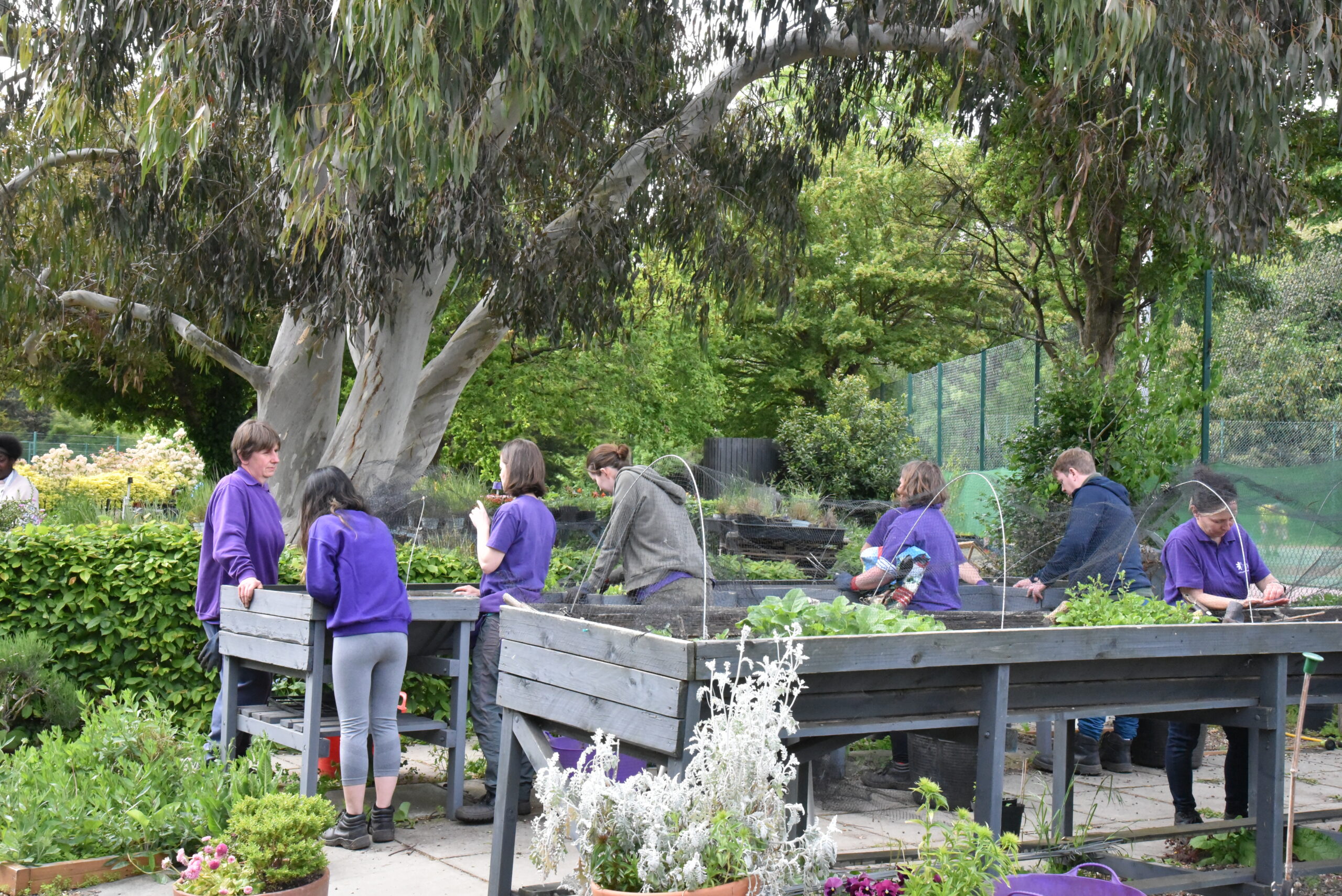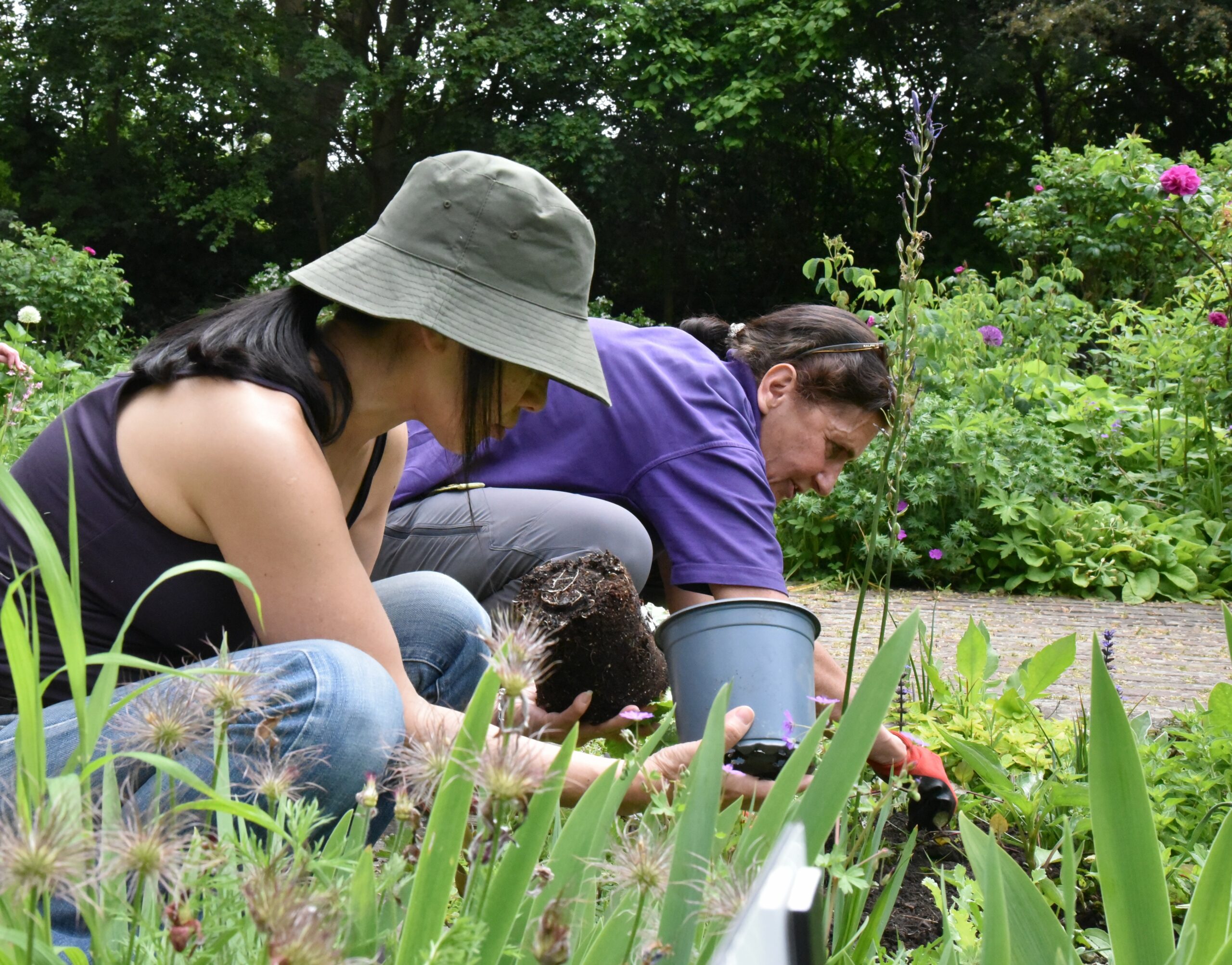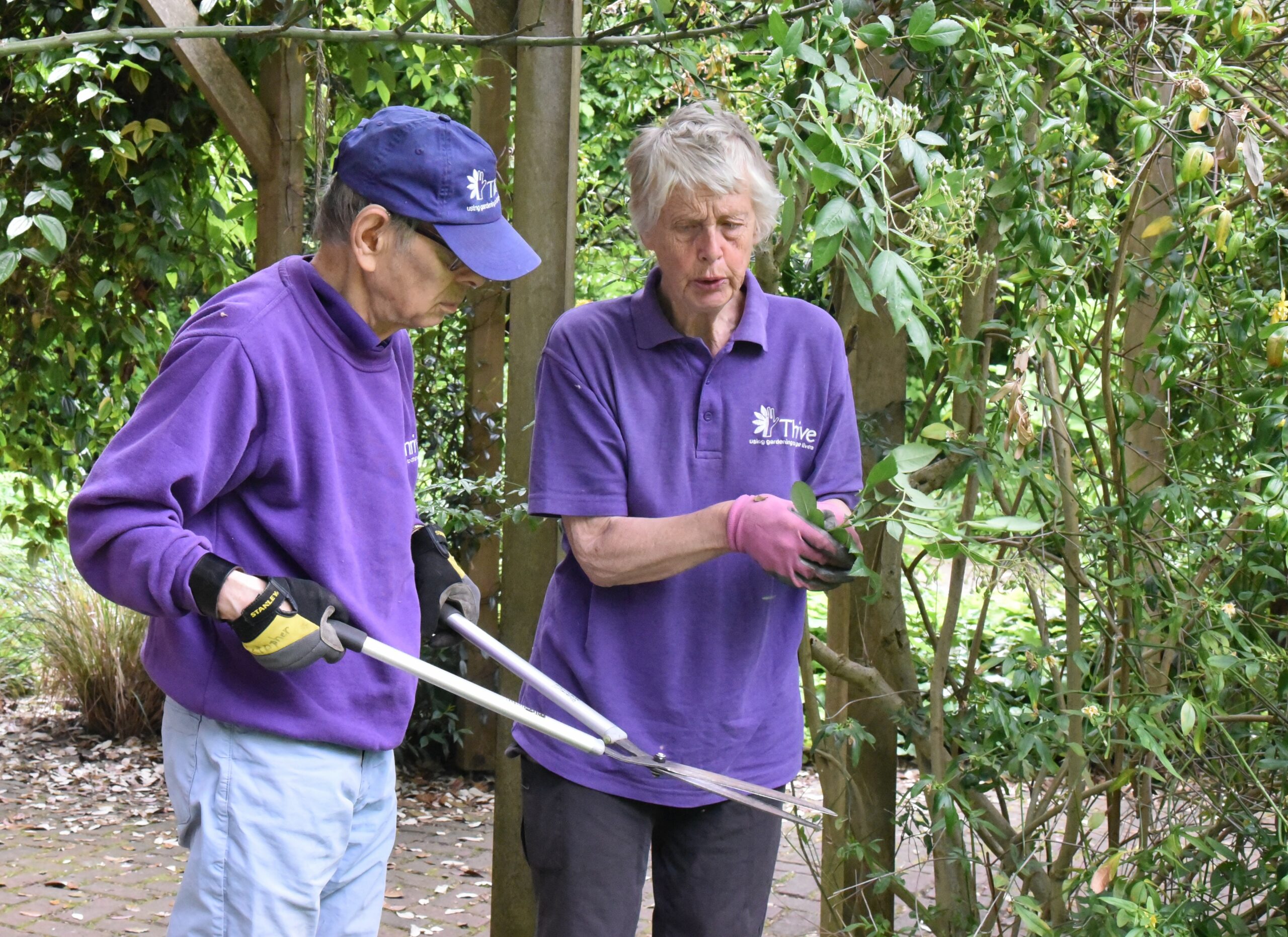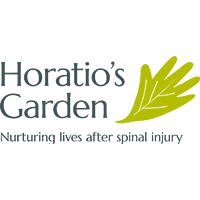Thrive’s Dementia Garden at Battersea Park
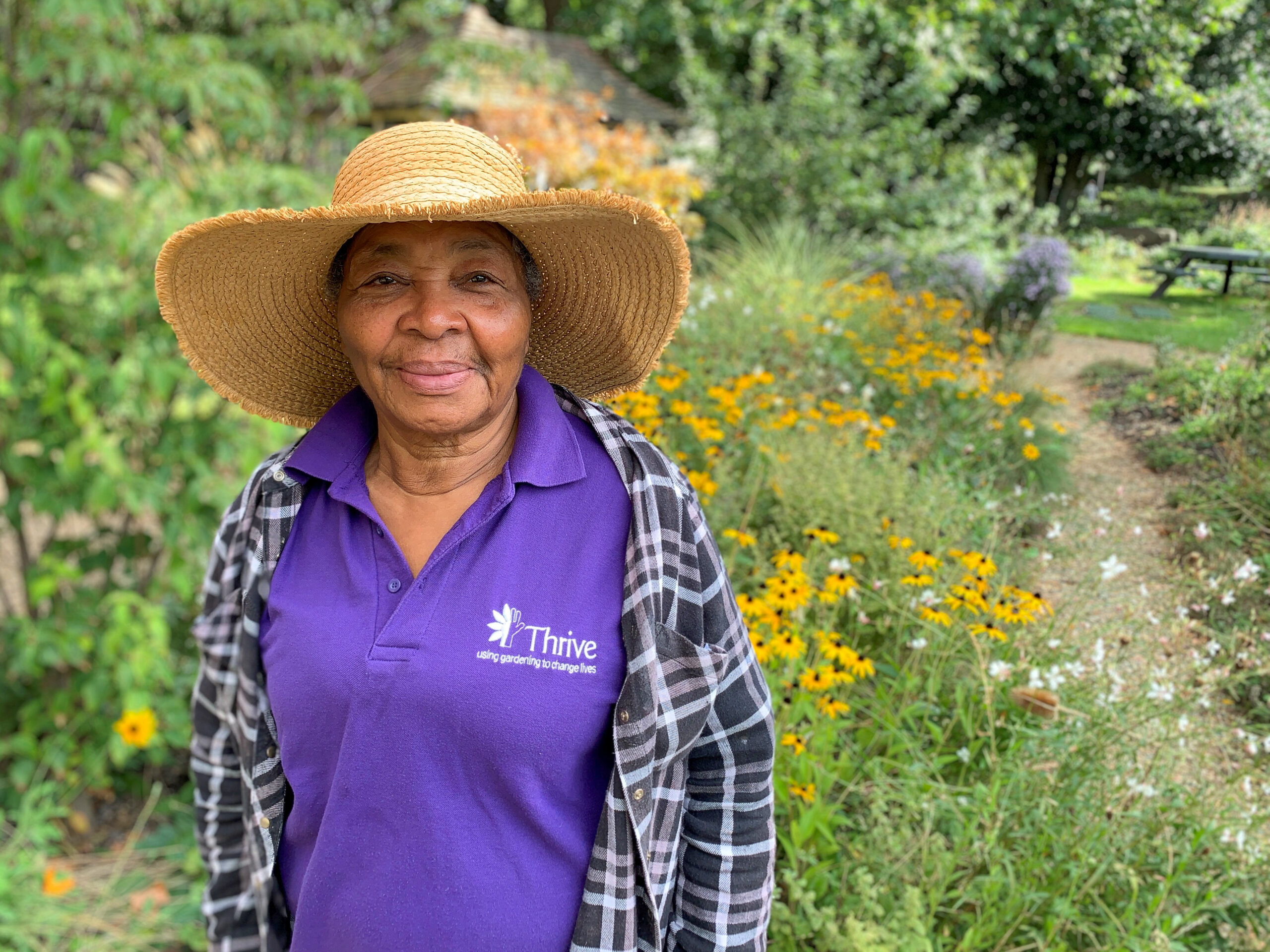
Living with dementia is hard, not just for those with the condition but for their friends and family too. But being outside in a garden can really help. That’s why the National Garden Scheme has donated £27,000 to support horticultural charity Thrive and the dementia garden they are setting up in Battersea Park.
Set across four gardens in Battersea Park, Thrive’s London centre offers gardening programmes to support hundreds of people in and around London living with disabilities or ill health, or who are isolated, disadvantaged, or vulnerable.
Thrive use an approach called social and therapeutic horticulture (STH), where their team of trained Practitioners use gardening to improve an individual’s physical and psychological health, communication and thinking skills. They build a set of activities to enable each client gardener to improve their particular health needs and to work on certain goals they want to achieve.
The centre’s latest programme, titled Garden Thyme, is for people living with dementia or memory loss. The creation of a new garden partially funded by the NGS, specifically for the programme, is currently underway.
“Social and therapeutic horticulture is invaluable for people with early onset dementia and can have a positive impact on their quality of life,” says STH Practitioner, Alex McDonald.
Over time, those experiencing dementia may not be able to maintain their ability to manage everyday tasks, as their mood and understanding are affected.
She adds: “Whilst people with dementia may not be able to remember their tasks, the feelings last longer than the memories.”
Gardening improves the lives of those living with early onset dementia by aiding concentration and giving confidence. It is also a good form of exercise which in turn helps to boost mood and can help with sleep. Choosing and talking about plants can also spark memories and conversation.
“I am driven in some ways that I don’t want to be bored, and I want to learn, and I like to meet people, so this is a wonderful opportunity for me,” says Cynthia, a current client gardener at Thrive London, Battersea living with Dementia.
“Sometimes you may have things bothering you that you don’t realise, and by having that conversation with other people, you may find a solution without even asking a question”.
The new garden has been designed to enable safe, easy access and prevent sensory confusion. For example, the use of self-binding gravel with no dead-ends, allows for movement around the garden. This will be a lightly coloured, non-reflective surface to help people to accurately interpret it as a path. Features such as benches and raised beds will be finished in a colour selected to be high contrast to the paving, but not too dark as this could be perceived as a gap or hole, and therefore dangerous. Although the surface will be ‘bound’ it will still allow water to pass through it and is therefore more environmentally friendly than fully waterproof paving.
The raised beds around the border, the allotment-style beds and circular beds will be of different heights to provide a variety of options to suit individual gardeners’ abilities. Planting in the circular, trough and allotment beds will retain views across the garden to allow gardeners to orientate themselves.
The sensory nature of gardens can be used to stimulate senses as well as calm and ground individuals living with dementia, while also inspiring the recollection of distant memories and sensations. This will be considered in the selection of plants used by the Practitioners (e.g fragrance, colour, sound or touch) and inclusion of a water feature in the passive seating area, though one quiet enough to allow conversations to take place
